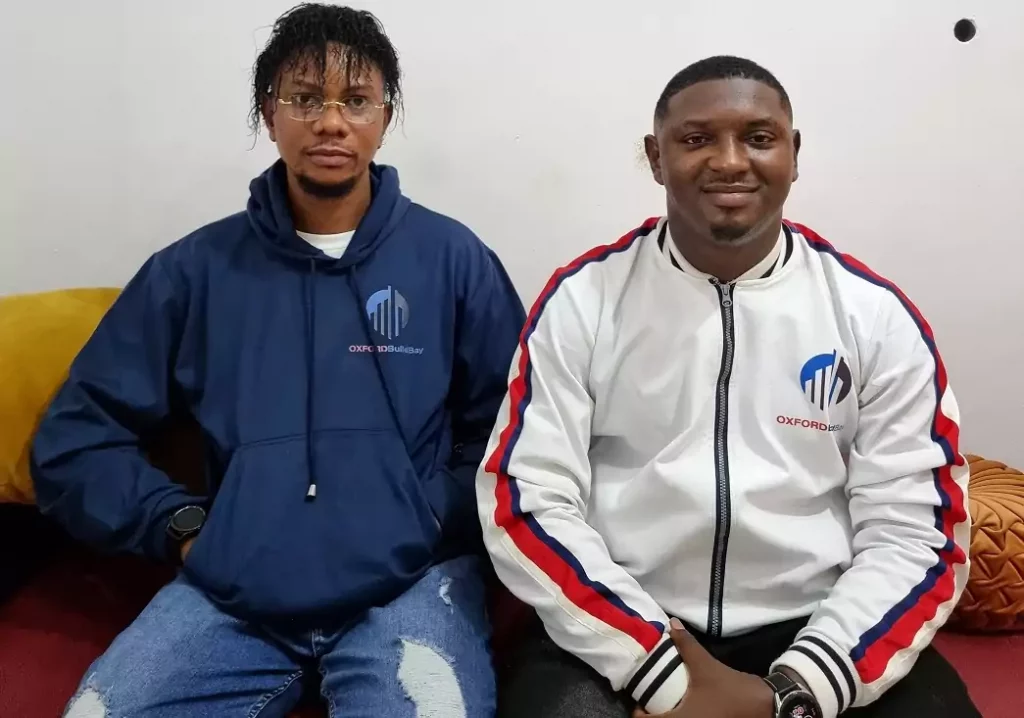There is a new digital platform simplifying land acquisition for Nigerians, no matter their income band.
According to the Nigerian property centre, the average cost of land in Lagos, Nigeria is ₦8 million ($18,906.85) for a plot of land. Land prices could go as high as ₦1 billion ($2,364,289.70) and as cheap as ₦500,000 ($1,182.14). In a country where the minimum wage is ₦30,000 ($70.90), with 95.1 million of its over 217 million population projected to live in poverty by the end of 2022, and no proper mortgage facility, buying a plot of land for the aforementioned amounts is impossible for most people.
There are a couple reasons most Nigerians don’t own land or homes. One, of course, is the lack of the heavy finances often required to acquire such properties. And for those who have the money, the process of acquisition is cumbersome. Regulatory laxity keeps exposing buyers to exploitation and numerous country-wide land dispute cases.
Globally, the dispute over land ownership is a big deal. It has historically led to the destruction of entire households, races, towns, and cities. Today, land ownership disputes are quickly shifting from a fuss usually emanating from inheritance issues to business improprieties. In Nigeria, real estate firms and individuals are the new lamp bearers of land disputes; they now, intentionally, sell the same piece of land to multiple people, often subjecting buyers to years of legal back-and-forth.
Even if you escape falling into the hands of fraudsters and do get your land, you most likely will not escape locals who claim to be “children of the land—omo-onile” harassing to pay them some money before you can build on the land. A tradition, they say it is.
This tradition is what has led two childhood friends, Olamilekan Adeniji and Stephen Nwachuckwu, to start Buildbay and eradicate frictions from land acquisition journeys. Buildbay was conceptualised after Nwachukwu’s mother lost the land she newly bought because the sellers were not the legitimate owners of the land. But it wasn’t until 2020 that the duo, who are accountant and entrepreneur, respectively, resolved to leverage technology to simplify the process of legitimate land acquisition and make it accessible to everybody across different income bands.
“Acquiring land in Nigeria is not easy: there’s just so much impediment from dubious sellers to omo-onile and copious acquisition levies,” Adeniji told TechCabal over a call. “We just needed to remove all of these impediments to make the process easy for everyone.”
In reality, the omo-onile are largely immutable and can’t be completely taken out of the picture. Different state governments have enacted several tenant sanctions to keep them away from people’s land but none has been effective. For example, Lagos state enacted a law on land grabbing in 2016 yet it’s been business as usual for the land grabbers since then. If governments have failed, how then can a private firm solve this problem? Adeniji and Nwachukwu found a solution: they would acquire lots of lands across the country and pay off the omo-onile from each location once and for all. That way, people wouldn’t have to experience them when claiming their lands.
But the bottleneck with this solution is that it is expensive. Land, on its own, is already on the high side, especially in Lagos where they’ve decided to start, without adding omo-onile settlements. Adeniji said they had no cash reserve nor venture backing to engage in such a heavy undertaking, so they engaged the Oxford International Group, an established firm operating in the real estate sector, for partnership. The two firms joined forces to form OxfordBuildbay, then went on to acquire lands and build their technology.
Acquiring land in bulk, then reselling it in plots isn’t a new business model. It is, in fact, what most real estate firms already do. What is novel, however, is what OxfordBuildBay did next.
OxfordBuildbay chopped the prices down into ridiculous bits and allowed people to pay daily, weekly, and monthly. The prices vary from as low as ₦250 to ₦500,000. Because of its business model and payment structure which is similar to that of traditional thrift collection, the company began to onboard and leverage informal traders’ communities and occupational clubs (like fashion designers, barbers etc.) to disseminate its message offline.
“We would leverage the real estate agent network to onboard people from informal quarters who need the ease and affordability we offer, like the market, neighbourhoods, cooperative with large member headcounts, and even schools,” Nwachukwu told TechCabal. “After onboarding them, the agent would receive their payment like a thrift collection. They are given cards to tick every time they make payment. This was easy for them to manage and track because they were used to this model before us.”
The company seemed to have reached the mass market, and after a while, when their offline effort became successful, they began to onboard their users onto the digital platform. With the help of a bot, those who couldn’t navigate the website were redirected to WhatsApp for guidance.

OxfordBuildbay now has both an Android and iOS app. On the app, there is a wallet facility for users to store value. They have integrated Paystack to accept payments, which can be automated at any time the user chooses.
On the app is an array of lands to select from after signing up. There is also an investment section, where users can make an investment in some of the cash flow businesses, like dredging, that Oxford runs.
It’s been two years of operation, and according to Adeniji, the platform has over 25,000 users, translating to over 25,000 slots of land. The platform sells lands per slot, and a slot is 250 square meters or, as popularly called, half-a-plot.
Nwachukwu insisted that the company doesn’t have any hidden charges. “We don’t charge any allocation or documentation fee, and our users are allowed to automate their payment so that agency fee, zero documentation fee and allocation can be between the sixth and 12th months while the payment is ongoing,” he said. Nwachukwu, who currently doubles as the company’s head of growth and chief financial officer, claimed OxfordBuildbay has essentially saved Nigerians close to ₦3 billion on the extra cost of omo-onile and legal errands incurred.
While OxfordBuildbay may appeal more to low-income earners, Nwachukwu said financially buoyant individuals are also using their platform. OxfordBuildbay has also created a landing pad for users who are lagging in payment: their payment is restructured either by reducing the amount paid at an interval or extending the interval at which the money is being paid. However, in cases of acts of God, like sickness, the company has partnered with a health insurance company to provide coverage to its users.
“This is to show that we care about the people,” Nwachukwu said. “We are optimising for the democratising of home ownership in Nigeria, and good health is a recipe for making that happen.”















